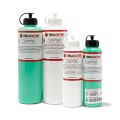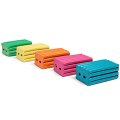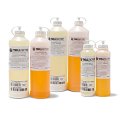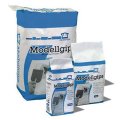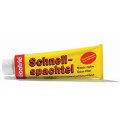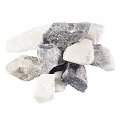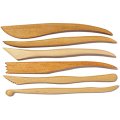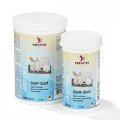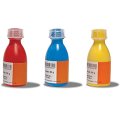Casting Compound
Information about impression materials
In order to reproduce objects – for example, sculptures, models, surface textures or body parts – a mould must be made from the so-called “master pattern”. Elastic materials are the most suitable for making these moulds. We have assembled a list of them under the heading “Moulding materials” which can be found under the category “Modelling, Moulding, Casting”. They are:
• RTV 2 mould silicone rubber
• elastic polyurethane resin
• Latex milk
• Alginate
The following tables can provide you with an overview of the advantages and disadvantages of the various moulding materials.
Comparison of elastic moulding materials
Attributes Comp./Treatment |
RTV 2 mould silicone |
Elastic PUR resin |
Latex milk |
Alginate |
| Number of components | two | two | one | one + water |
| Time and effort required | very little | very little | very much | very very little |
| Linear shrinkage | very little | very little | very much | very very little4) |
| Curing |
|
|
|
|
| Risk of inhibition | yes | no | no | no |
| Shelf life of the components (minimum) | 6 to 12 months | 12 months | 24 months | no information |
| Toxicological/hazard info | as a rule, hazardous label NOT required2) | as a rule, hazardous label required | hazardous label NOT required |
hazardous label NOT required |
| Price | high | medium | low | low |
| Attributes when cured | ||||
| self-releasing | yes | no | no | no |
| Time before first use of the mould | 1 day to 1 week | approx. 4 days | approx. 3 days | approx. 20 minutes |
| Heat resistance | high | as a rule low | low | very low |
| UV resistance | conditional | low | no | no |
| Service life of the mould | medium to long1) | long | short | very short |
Comments |
||||
| Special features |
|
|
|
|
| Intended uses | flexible and block moulds for all pouring materials | flexible and block moulds for all pouring materials | flexible moulds for non-aggressive pouring materials | body casts without extensive quality demands |
All the information refers primarily to the materials on offer at Modulor.
1) depending on the type of crosslink
2) Some hardeners require a hazardous label
3) at room temperature (annealing possible if applicable)
4) As long as pouring takes place within 20 minutes of making the mould
The listed materials can of course be used for other purposes – for example, silicone is used to make temperature resistant seals, elastic polyurethane to make foams and latex to make examination gloves.
Then again, hard, elastic materials like plaster are often used to make casts of objects. As a rule, very intricate moulds must be made for this work (see also the entry “Undercuts” in the “Small Lexicon” in the chapter “Silicone”).
